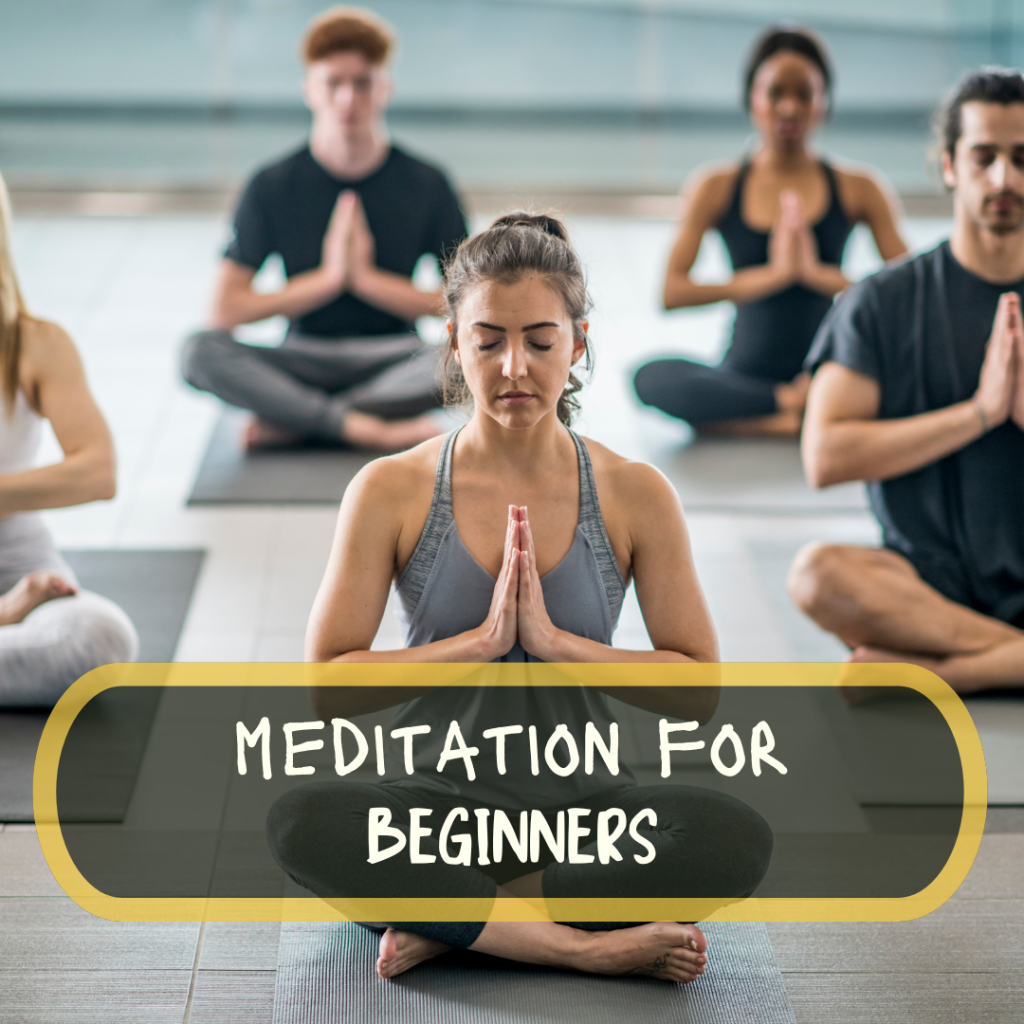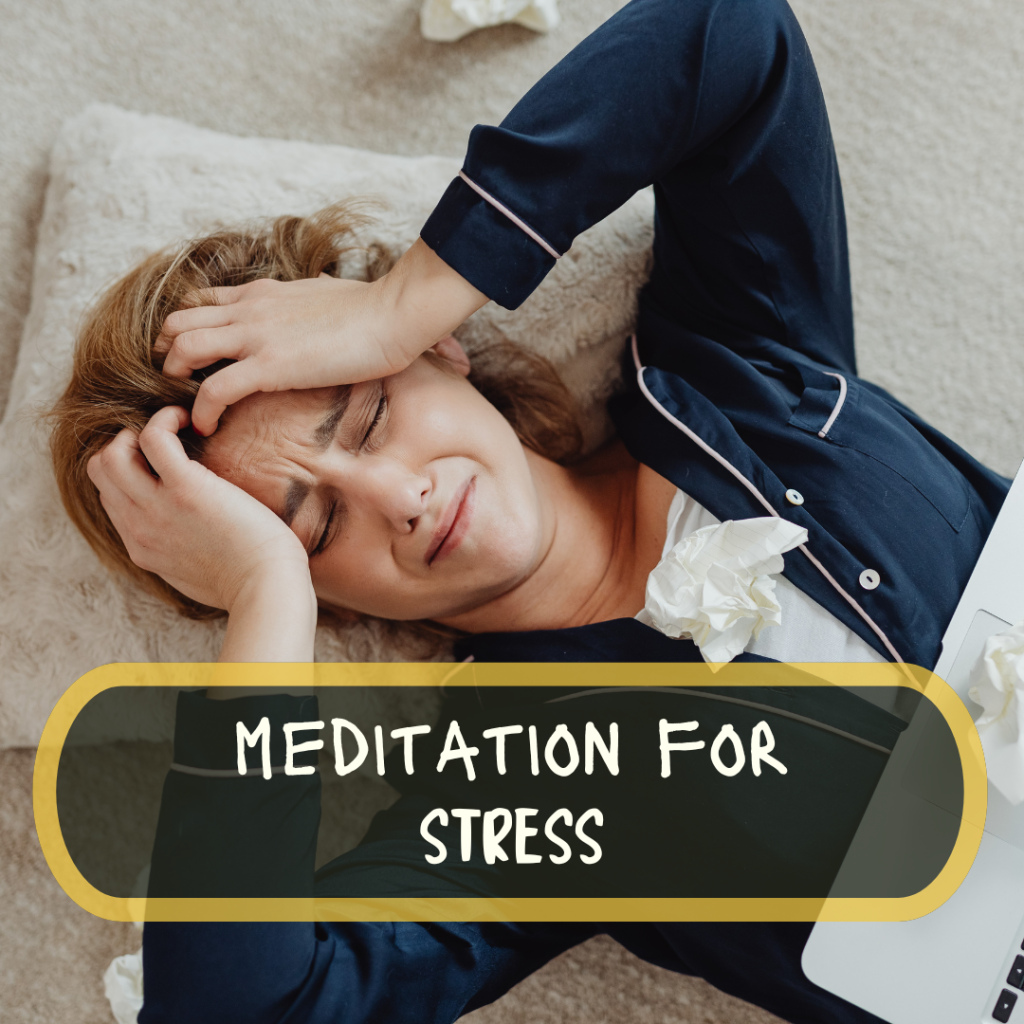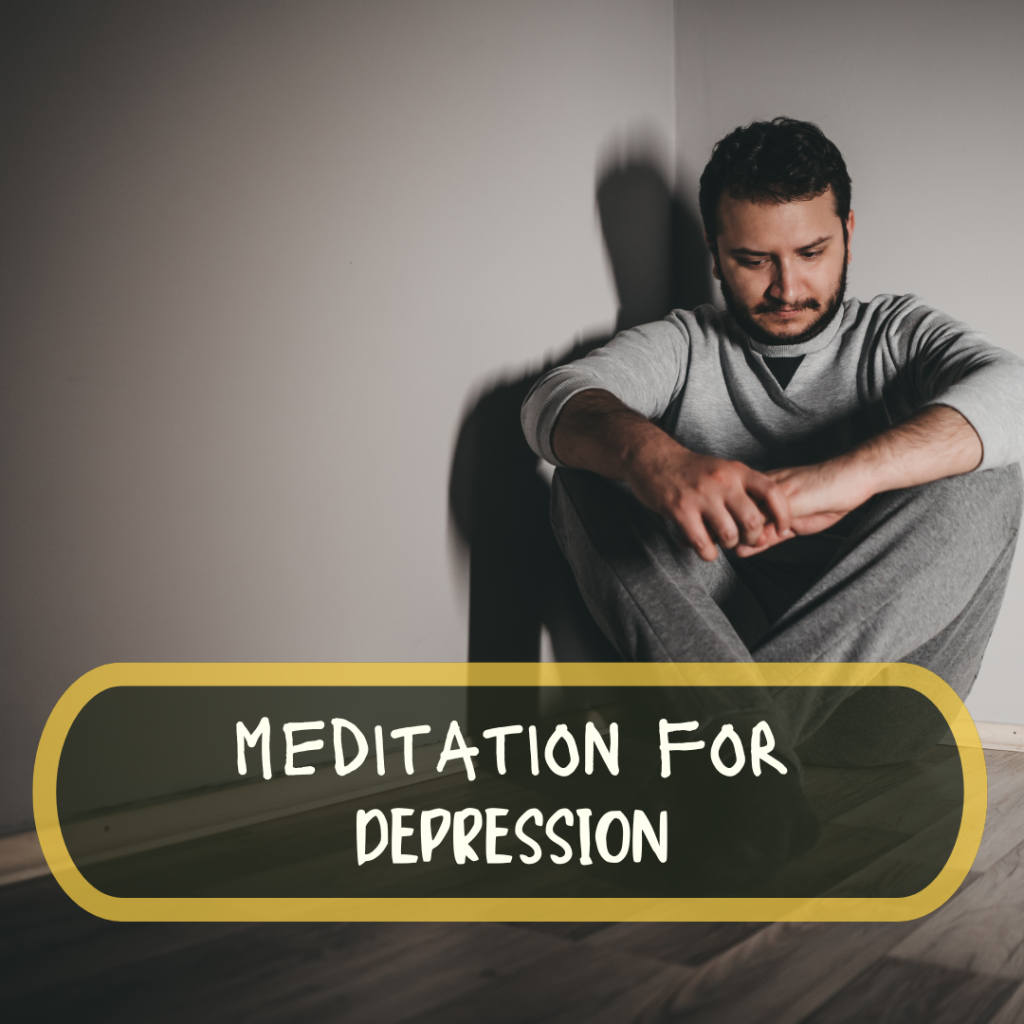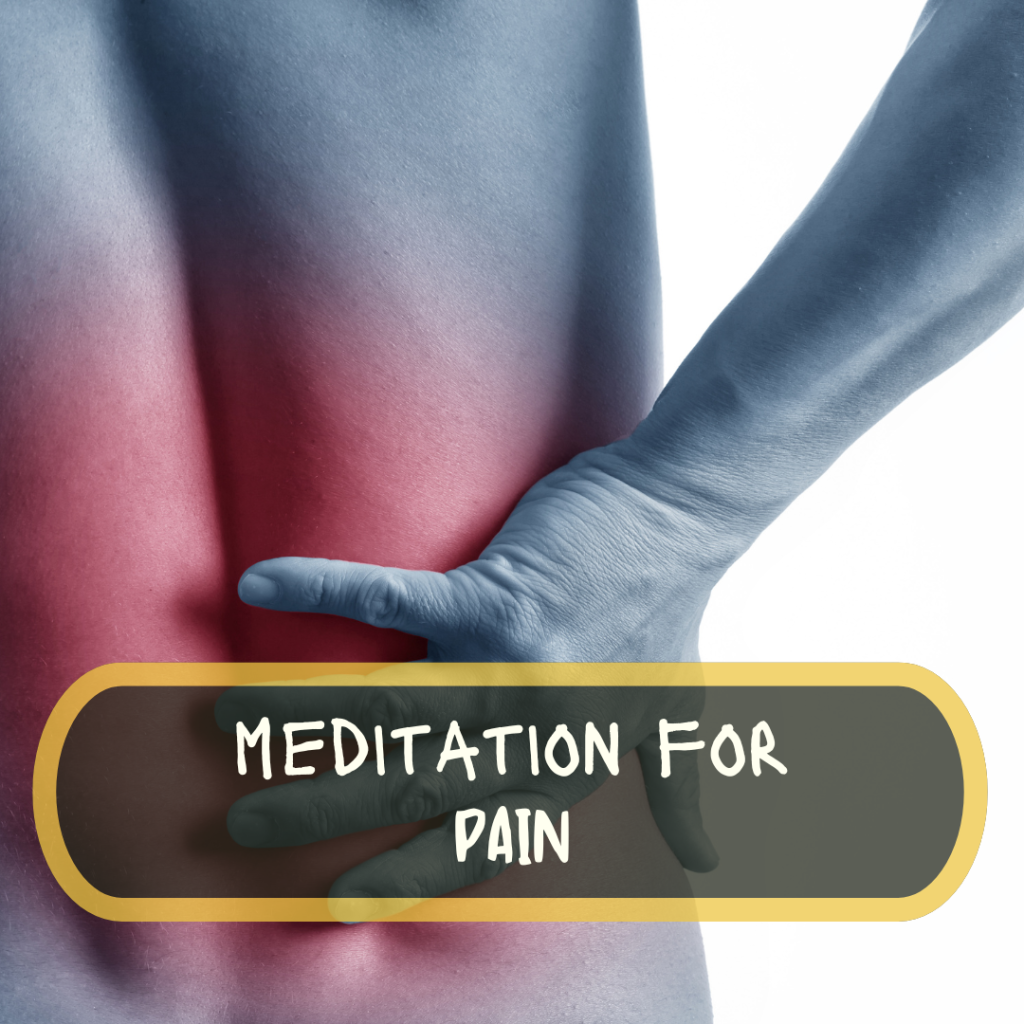Meditation is a versatile practice with numerous applications that cater to various aspects of mental, emotional, and physical well-being. One of the primary uses of meditation is stress reduction. Techniques like mindfulness and deep breathing help individuals manage stress by promoting relaxation and reducing the production of stress hormones.
For mental clarity and focus, meditation practices such as Zen or mindfulness enhance concentration and cognitive function, making it easier to stay present and efficient in daily tasks. Meditation is also effective for emotional regulation, helping individuals to better understand and manage their emotions, which can lead to improved relationships and overall emotional health.
In the realm of physical health, meditation can contribute to lower blood pressure, improved sleep quality, and enhanced immune function. Pain management is another important use, with mindfulness meditation and body scan techniques helping individuals cope with chronic pain by shifting their focus and altering their perception of pain.
Meditation also plays a significant role in personal growth and self-awareness. Practices such as Vipassana or self-inquiry meditation encourage deep introspection, allowing individuals to explore their inner selves and gain insight into their thoughts, behaviors, and motivations.
Furthermore, meditation is widely used for spiritual development, providing a path to greater spiritual awareness and connection. Whether seeking relief from everyday stress or pursuing deeper personal and spiritual understanding, meditation offers a valuable and adaptable tool for enhancing life quality.







